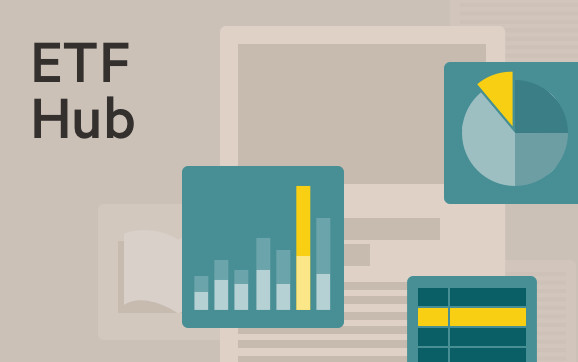State Street’s SSGA warns investors on additional costs of T+1

Roula Khalaf, Editor of the FT, selects her favourite stories in this weekly newsletter.
Latest news on ETFs
Visit our ETF Hub to find out more and to explore our in-depth data and comparison tools
State Street Global Advisors has warned investors they may face additional costs due to the firm’s approach to the upcoming change to T+1 settlement in the US.
The Securities and Exchange Commission is reducing the settlement time for US equities and corporate bonds from two days, referred to in the industry as T+2, to one day, or T+1, on May 28. Canada and Mexico are also moving to T+1 settlement for securities.
Many firms are reducing the settlement cycles of their Europe-based funds as the deadline approaches.
However, the board of the State Street Global Advisors Luxembourg Sicav, an open-ended investment fund structure, told investors earlier this month that it will not reduce the settlement cycle of its funds, which currently settle on a T+2 basis, ahead of the US move.

This article was previously published by Ignites Europe, a title owned by the FT Group.
The decision has “primarily been driven” by the fact that outside North America the settlement cycle is not changing to T+1, the letter says.
The UK is looking into reducing its settlement cycle by the end of 2027, while the EU has also signalled its intention to adopt T+1.
SSGA’s Luxembourg Sicav umbrella fund has a number of US equity and bond sub-funds.
The SSGA fund board warned investors that sticking with its current settlement cycle “may incur additional costs” on certain sub-funds, “particularly on large flows”.
The board said short-term credit or overdrafts, swing pricing and anti-dilution levies could add to fund expenses, while broker costs could increase when the firm seeks an extension of the T+1 settlement of “certain” trades.
Portfolio managers might also use cash or exchange traded futures “to manage the impact of misalignment”, the board added.
SSGA declined to comment on whether its approach would apply to its other fund umbrellas.
Adrian Whelan, global head of regulatory intelligence at Brown Brothers Harriman, said: “Many funds have taken the decision to maintain a T+2 investor cycle on funds and will manage the liquidity mismatch of North American securities with the various liquidity tools already at their disposal.”
They might also need to consider whether their distributors have the capacity to accept shorter settlement periods, he said.
Additional costs depended on the size and nature of the fund, as well as flows, Whelan said.
Some firms were adapting fund settlement cycles to T+1 at the umbrella level, while others were making decisions at the sub-fund level based on their level of North American holdings, he added.
Pictet is reducing fund settlement cycles to varying degrees on 35 products, for example.
The “tempo of questions” from asset managers was “rising quite rapidly” as the go-live date for T+1 in the US nears, said Gerard Walsh, head of client solutions, banking and markets at Northern Trust.
Latest news on ETFs

Visit the ETF Hub to find out more and to explore our in-depth data and comparison tools helping you to understand everything from performance to ESG ratings
Redwheel, Sands Capital and Veritas Asset Management have all recently told investors that they will be reducing their fund settlement cycles from T+3 to T+2 at an umbrella level ahead of the changes in the US.
Walsh said portfolio managers running global strategies would have to manage the “mismatch” of settlement times when trading securities in different jurisdictions.
For example, there would be a one-day mismatch if a manager wished to sell a European stock trading on T+2 and buy a US stock trading on T+1, he said.
They would also have to manage the currency conversions, he added.
Walsh said the “ultimate decision makers” on managing the shift to T+1 should be the fund board because of the cost and performance implications.
*Ignites Europe is a news service published by FT Specialist for professionals working in the asset management industry. Trials and subscriptions are available at igniteseurope.com.
Comments